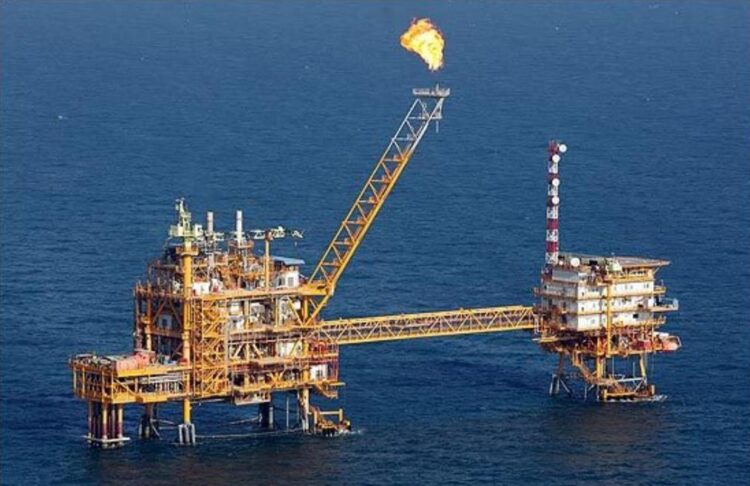Stakeholders in the energy and financial sectors have expressed mixed reactions to the Federal Government’s decision to introduce a 15 per cent import duty on petroleum products.
They spoke in separate interviews with the News Agency of Nigeria (NAN) in Lagos on Monday.
An energy lawyer, Dr Ayodele Oni, Partner and Chair of the Energy and Natural Resources Practice Group at Bloomfield Law Practice, said the new tariff was aimed at rebalancing Nigeria’s petroleum value chain and encouraging local refining.
According to him, the duty can help boost domestic refining capacity in spite of concerns about inflation and rising living costs.
Oni said, “This policy is a strategic step toward reducing dependence on imported petroleum products.
“It could spur the establishment of more refineries, create jobs, and enhance energy security while strengthening the naira.”
He added that the policy aligns with the country’s energy transition goals by supporting alternative energy sources such as compressed natural gas (CNG) and electric vehicles.
“This could encourage the adoption of cleaner transport options and reduce carbon emissions,” he said.
Oni, however, advised that for the tariff to achieve its objectives, government must also ensure fair domestic crude pricing and strengthen midstream and downstream intervention programmes.
“Energy policies must be well-coordinated and sequenced to prevent market disruptions and sustain public confidence,” he said.
However, Mr Boniface Okezie, President of the Progressive Shareholders Association of Nigeria, described the new import duty as economically unwise.
He said the tariff could raise fuel prices and burden businesses and consumers in an already liberalised market.
“The world operates as a global market. Imposing new import duties when Nigeria still depends on imports for its fuel supply is counterproductive,” Okezie said.
He explained that if local refining capacity were sufficient, there would be no need for fuel importation.
“To discourage importation, the government can simply restrict access to foreign exchange for importers instead of adding a 15 per cent duty,” he added.
NAN reports that President Bola Tinubu approved the introduction of a 15 per cent ad valorem import duty on petrol and diesel to protect local refineries and stabilise the downstream petroleum market.
The directive, dated Oct. 21, was in a letter addressed to the Federal Inland Revenue Service (FIRS) and the Nigerian Midstream and Downstream Petroleum Regulatory Authority (NMDPRA).
It ordered the immediate implementation of what the government described as a “market-responsive import tariff framework..
















